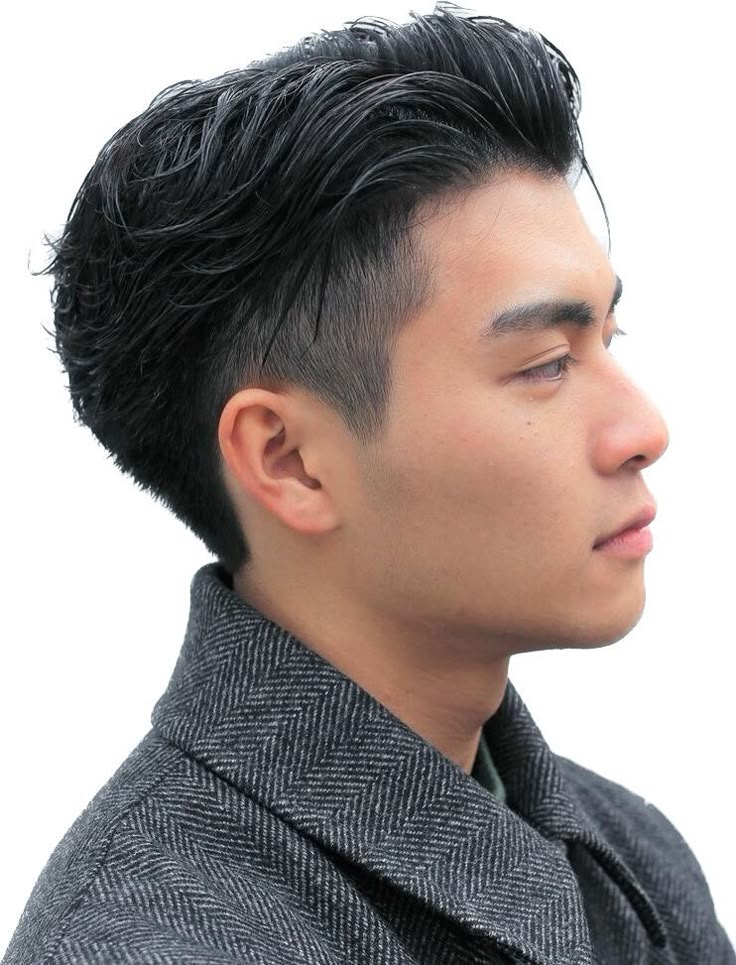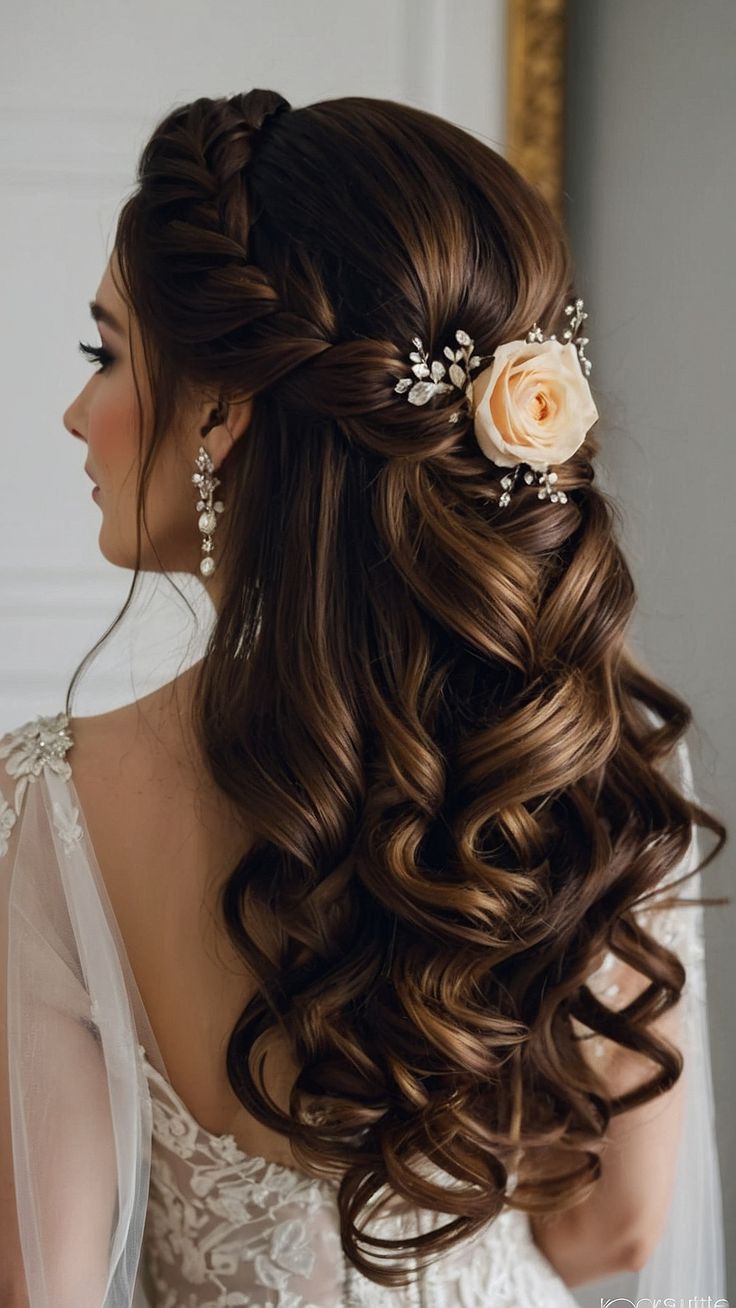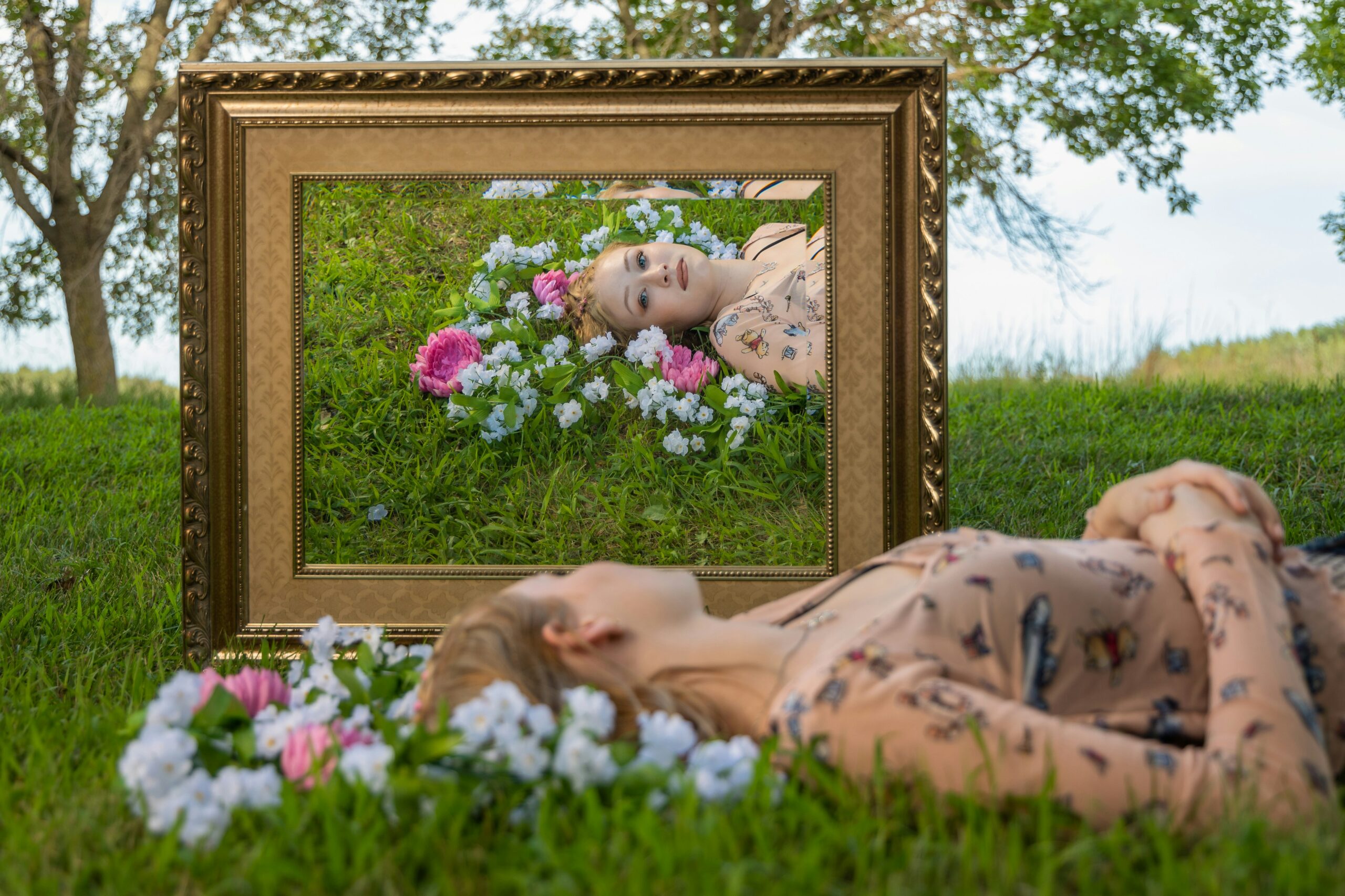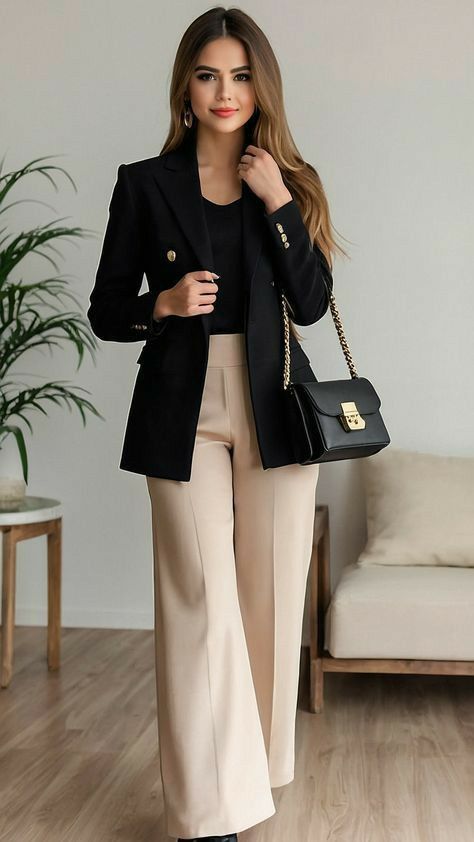Discover the rich history, cultural significance, and health benefits of henna (mehndi). Learn about different types of henna, its role in weddings, modern design trends, and important safety tips for application. A complete guide to this timeless natural art form cherished across generations.
1. History of Henna
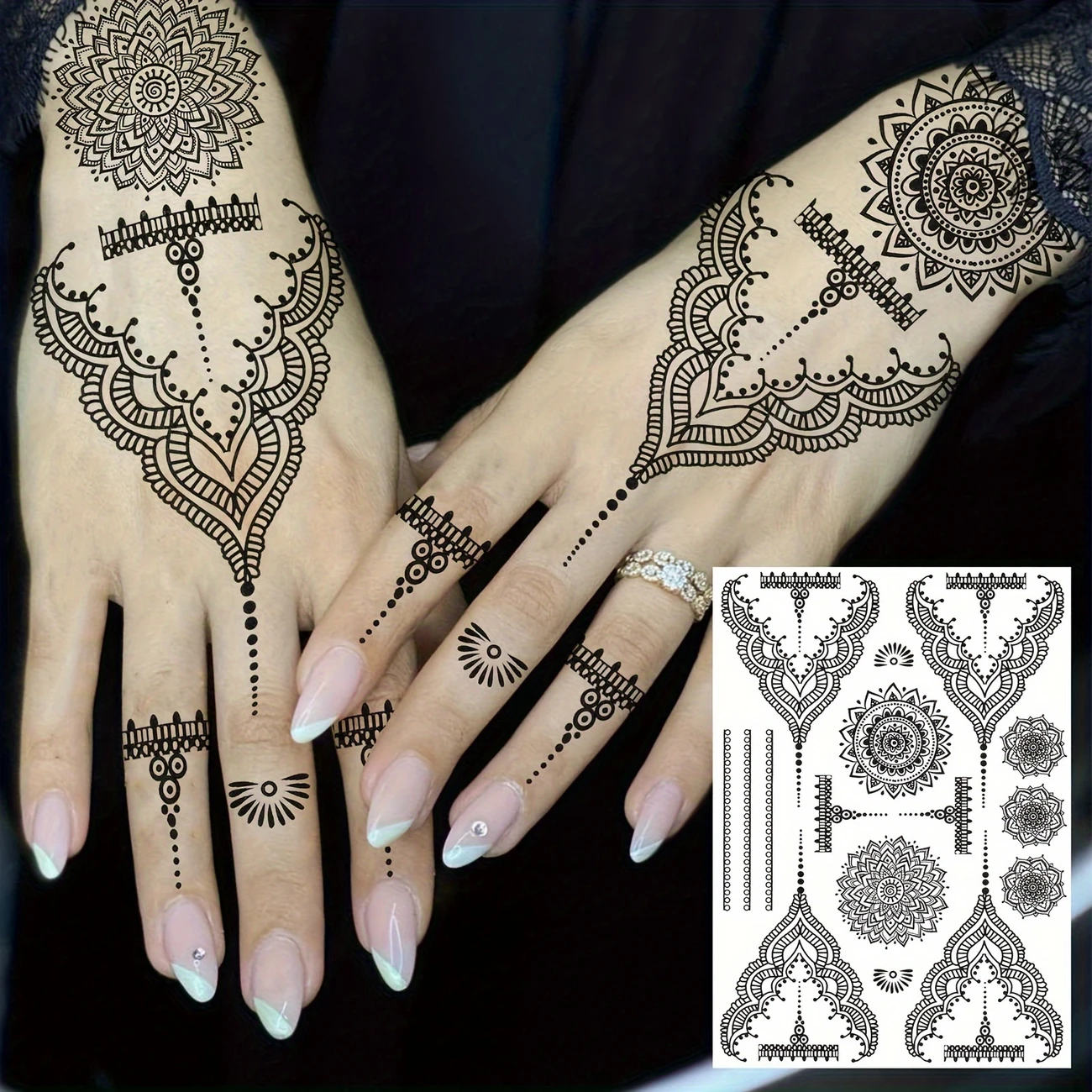
Henna has been used for thousands of years in ancient Egypt, India, and the Middle East for beauty and religious rituals. Applying henna during weddings and festivals is a traditional practice, symbolizing joy and beauty. It remains an important cultural and celebratory element in many regions.
2. Identifying the Henna Plant
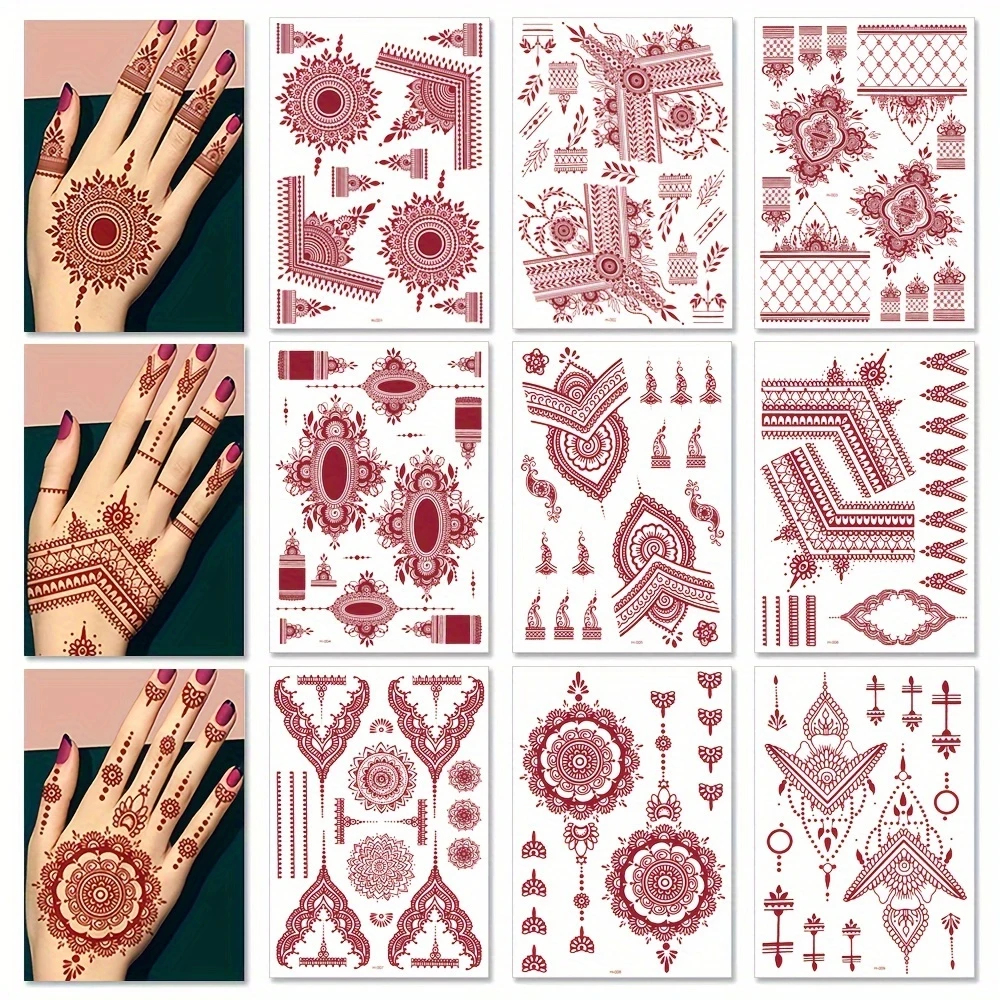
Henna comes from a small plant whose leaves are dried and ground into powder. It thrives in warm climates. The natural dye extracted from the leaves is used to color skin, hair, and nails. It is well known for its cooling and soothing properties as well.
3. Types of Henna
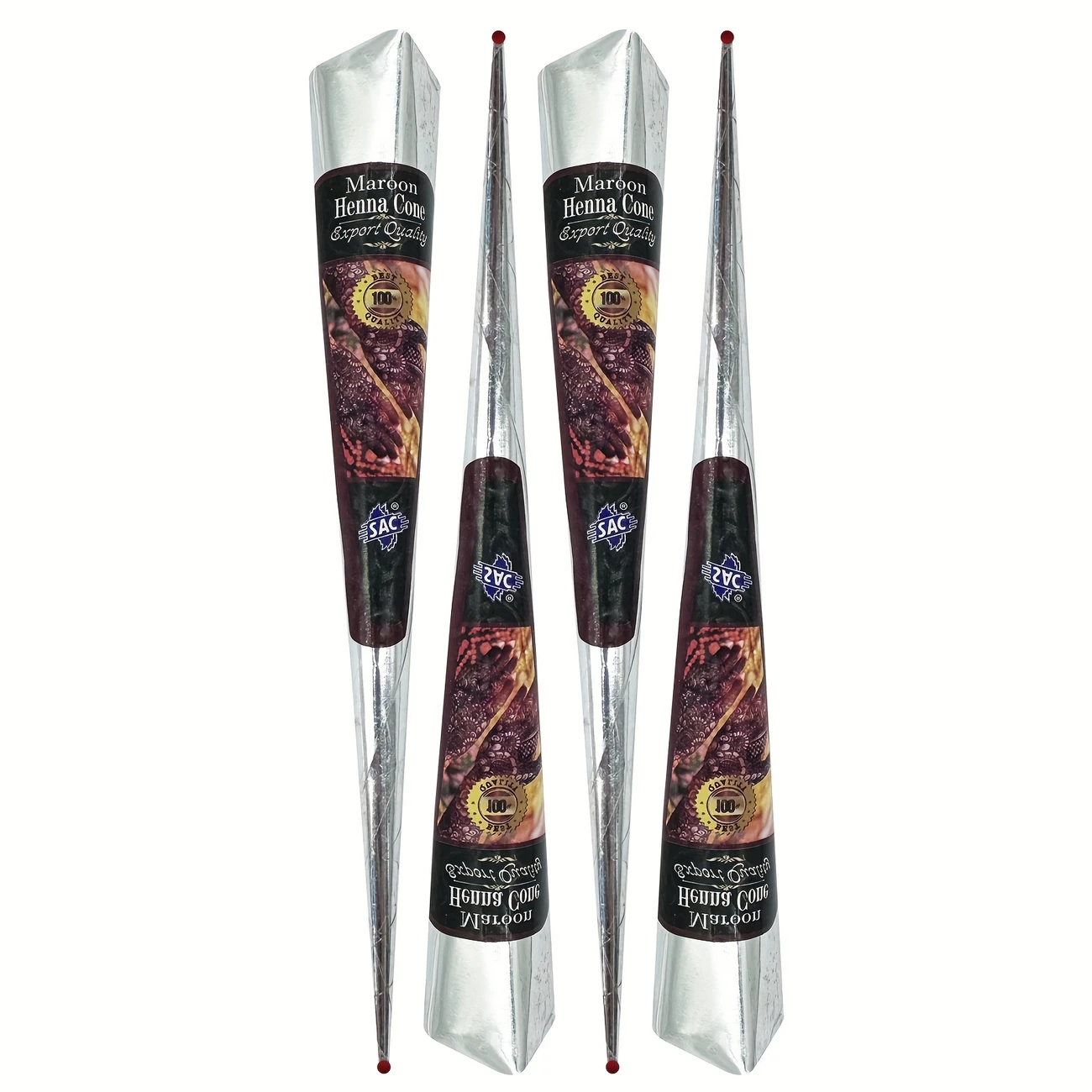
Henna is available in various types—natural, black, and colored. Natural henna is the safest and most traditional. Market versions may contain chemicals, so it’s important to be cautious. Always read the ingredients before use to avoid skin reactions and ensure a safe application.
4. Henna in Weddings and Ceremonies
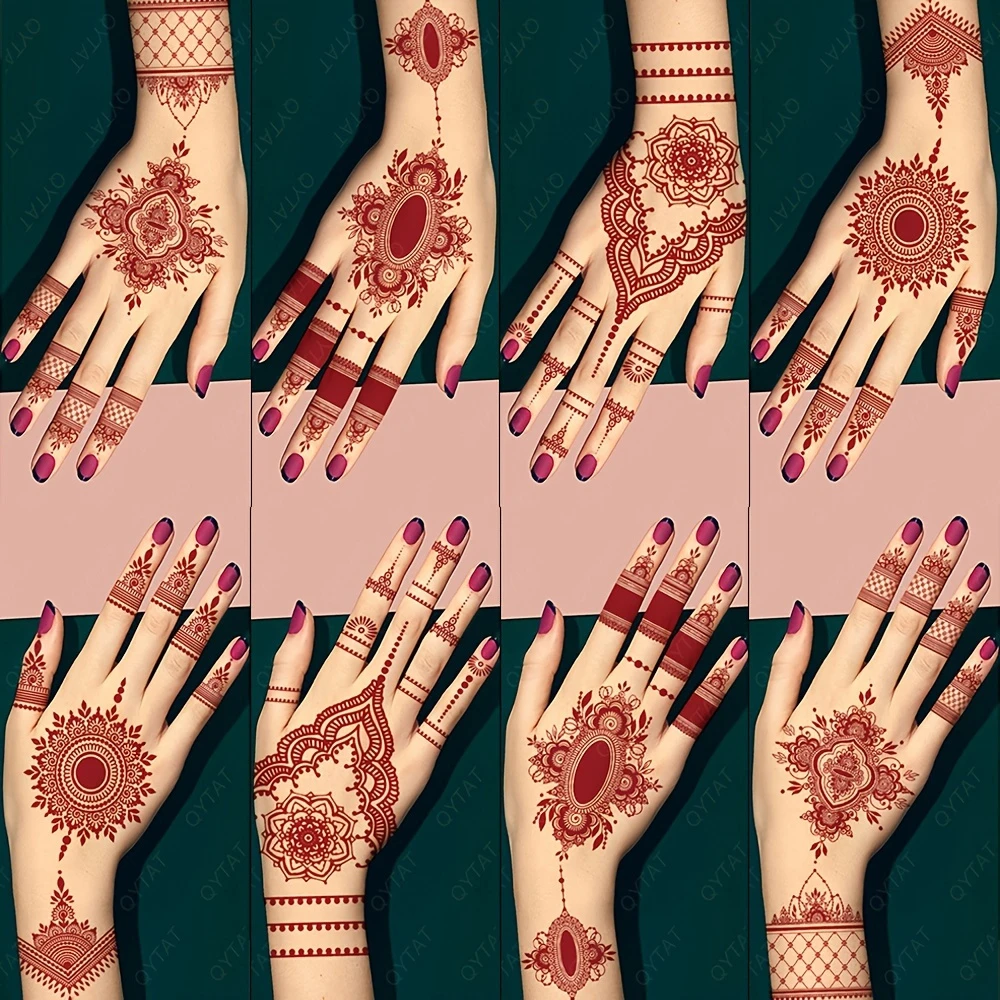
Henna plays a vital role in weddings. Brides often have intricate designs applied to their hands and feet. The ceremony represents joy, love, and blessings. Family and friends gather to celebrate, sing songs, and apply henna together, making it a cherished cultural event.
5. Medicinal Benefits of Henna
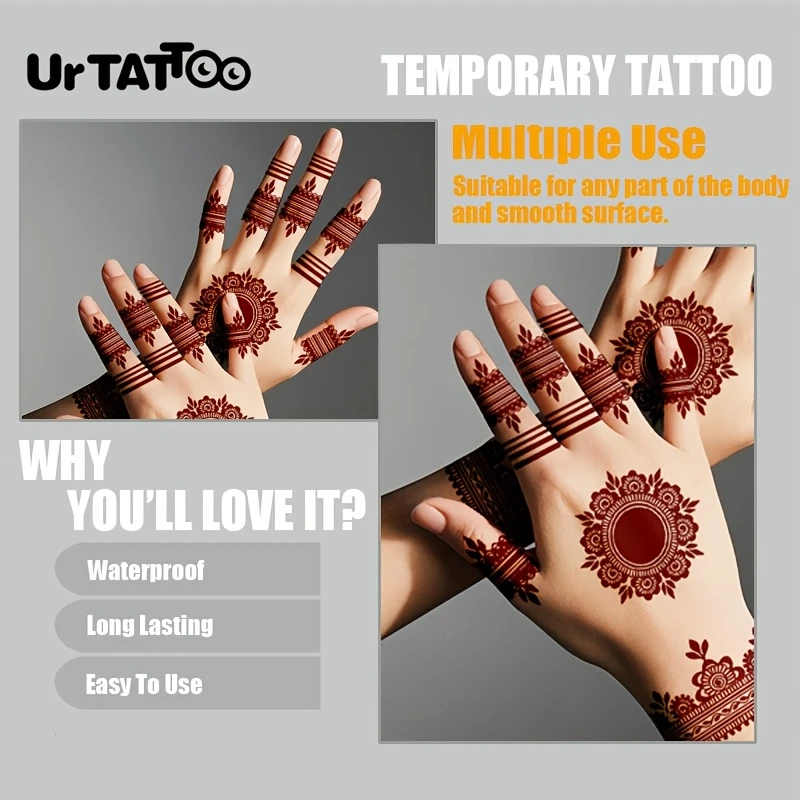
Henna isn’t just cosmetic—it has health benefits too. It provides a cooling effect, relieves headaches, soothes skin conditions, and helps with dandruff. Natural henna is used as a herbal remedy in many traditional medicine practices due to its healing and anti-inflammatory properties.
6. Modern Designs and Trends
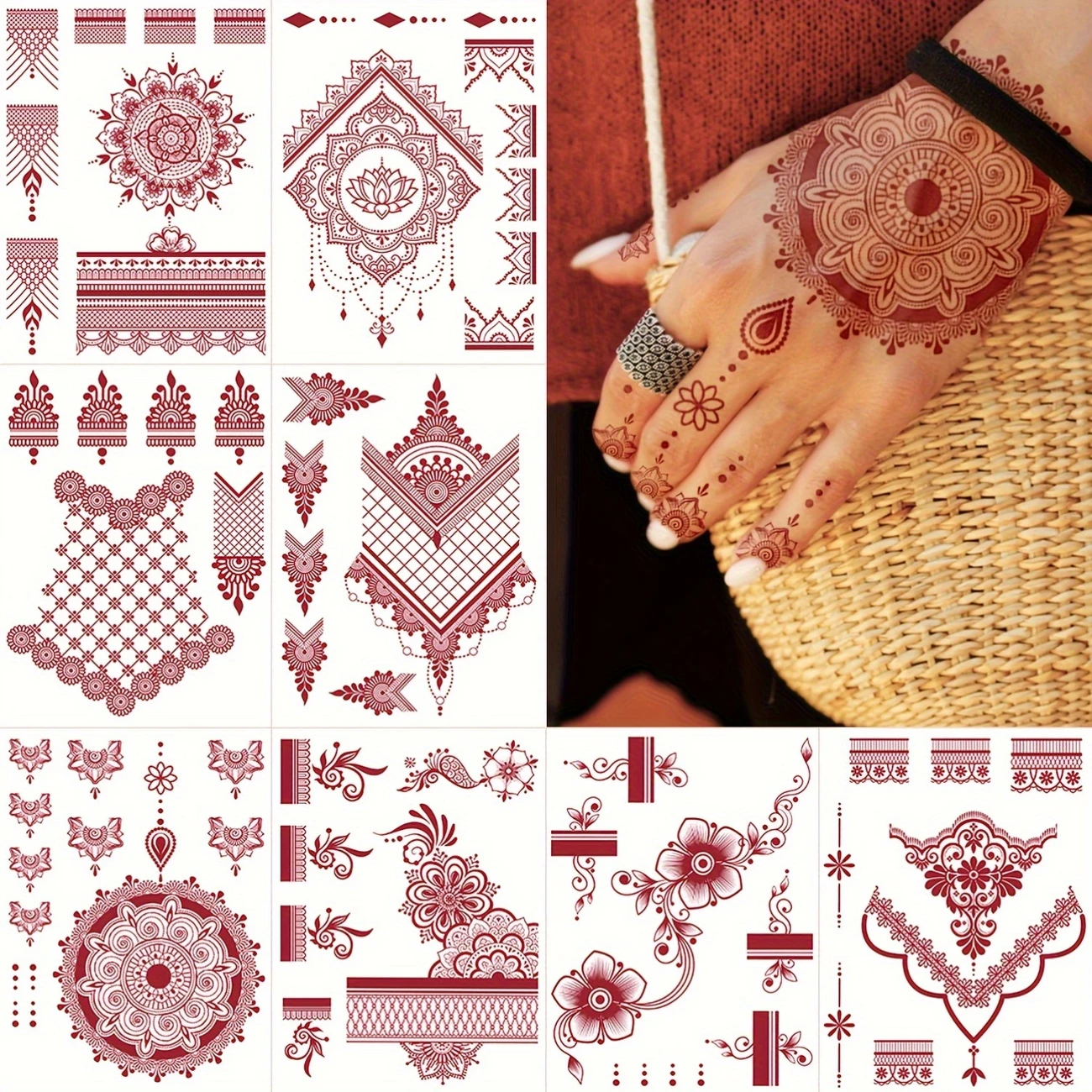
Today, henna art has evolved with modern styles like Arabic, Indian, Moroccan, and Gulf patterns. Young women now learn and apply henna through online tutorials. These trendy and elegant designs are widely used at parties, Eid, Diwali, and other festive occasions, gaining global popularity.
7. Safety and Precautions
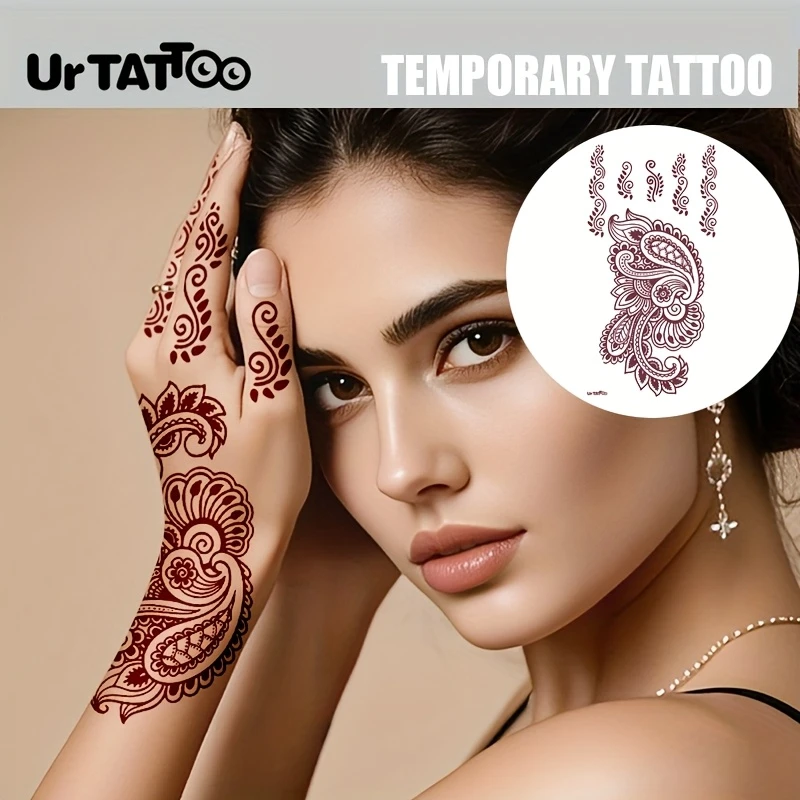
When using henna, quality matters. Chemical-laced henna can cause allergic reactions. Always do a patch test before full application. For sensitive skin or children, only use pure, natural henna. Choosing safe products ensures a beautiful experience without any harmful side effects.


